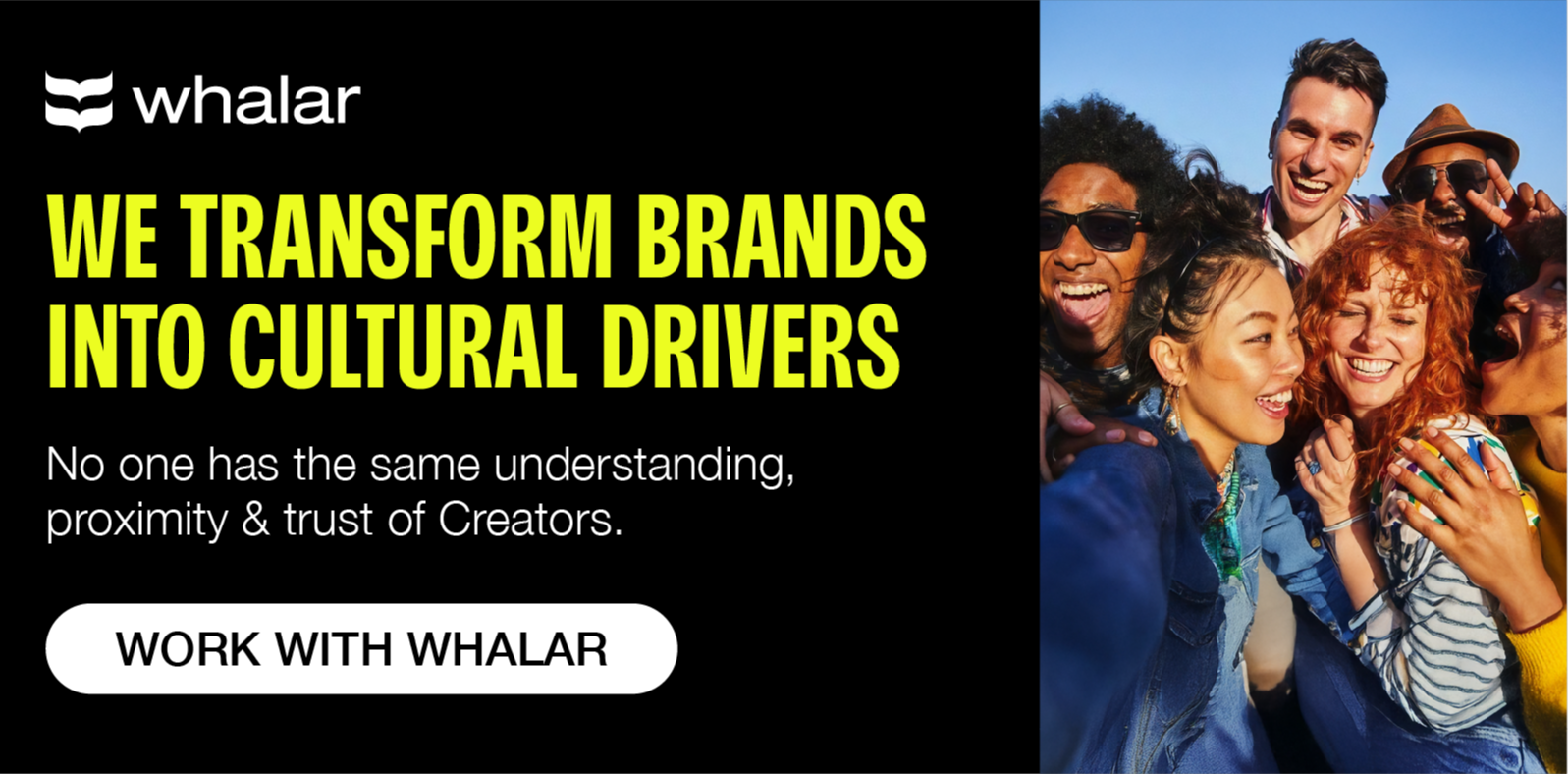- Ireland has formalized stricter influencer advertising oversight via a data-sharing agreement between the ASA and CCPC.
- Repeat offenders can now face escalated penalties, including fines and prosecution.
- Brands and agencies must ensure compliance to avoid reputational and legal risks.
- The move aligns Ireland with broader EU trends of regulating digital advertising transparency.
Enhanced regulatory coordination underscores rising scrutiny of creator-led advertising.
Ireland has tightened its regulatory framework for influencer advertising through a formal data-sharing agreement between the Advertising Standards Authority (ASA) and the Competition and Consumer Protection Commission (CCPC).
The move comes after years of growing concern about hidden ads, misleading promotions, and non-compliant disclosures on social media platforms. While guidelines for influencers have existed since 2023, enforcement has largely relied on self-regulation. This new arrangement signals a shift from advisory oversight to tangible consequences for repeat offenders.
How the Agreement Works
The ASA, which oversees marketing standards in Ireland, now has the authority to share names, usernames, and images of influencers who repeatedly fail to comply with advertising rules.
This data will be passed to the CCPC, which, as a statutory body, wields stronger enforcement powers. Those include compliance notices, fixed payment penalties, prohibition orders, and in severe cases, prosecution. By aligning their roles, the two bodies close previous gaps where non-compliance could fall between self-regulation and legal enforcement.
Consumer Protection at the Core
At the heart of the initiative is consumer transparency. Influencers are legally required to clearly label commercial content, whether it’s sponsored posts, gifted items, or promotion of their own products. Even properly labelled content can still breach consumer law if it is false or misleading. Regulators argue that clear disclosure is not only about fairness but also about maintaining public trust in digital advertising, which now dominates how younger audiences engage with brands.
Rising Enforcement Pressure
The CCPC has already issued compliance notices to prominent influencers earlier this year, marking the start of a more aggressive enforcement phase. With the ASA now feeding its reports and complaints directly into CCPC processes, the pressure on repeat offenders will intensify.
@marie.doyle #advertising #standards #ireland #irish #influencers #InfluencerTips #AdTransparency #irishcreators #SocialMediaEthics #TikTokShop #affiliatetiktok #support
For the first time, influencers who ignore transparency requirements face a coordinated regulatory pipeline that escalates swiftly from warnings to potential prosecution.
Implications for Brands and Agencies
The new Irish framework doesn’t stop at influencers — it reshapes how the entire ecosystem of advertisers, brands, and agencies must operate.
Key implications include:
- Shared Legal Accountability: Brands commissioning influencer content can be held responsible if campaigns breach consumer protection law. Non-compliant disclosures or misleading promotions may expose not only the influencer but also the sponsoring business to regulatory scrutiny and reputational damage.
- Stricter Due Diligence for Agencies: Agencies managing influencer partnerships will face heightened expectations to monitor compliance across all creative assets. They must ensure contracts include clear disclosure clauses and that influencer partners follow ASA and CCPC rules consistently.
- Reputation and Trust Risks: A single breach — even if caused by an influencer — can undermine consumer trust in a brand. Agencies and advertisers will need crisis protocols in place, since regulators are now coordinating data and acting against repeat offenders more aggressively.
- Operational Compliance Burden: Campaign workflows will need more oversight steps, from pre-approval of influencer content to ongoing monitoring of posts. Compliance checks may slow down campaign execution, but will be critical for risk mitigation.
- Erosion of “Soft Compliance”: Influencer marketing is no longer operating in a self-regulated grey zone. With statutory enforcement on the table, brands and agencies must treat influencer campaigns with the same rigor they apply to TV, print, and digital advertising.
Together, these shifts signal that influencer marketing in Ireland is entering a more formalized, tightly regulated era—one where compliance and creativity must go hand in hand.
Ireland in the Global Context
Ireland’s tightened oversight reflects a broader European trend toward stricter regulation of digital advertising and platform accountability. The EU’s Digital Services Act already requires greater transparency from online platforms, and Ireland’s approach shows how member states are complementing those rules with domestic enforcement tools.
By focusing on data-sharing and collaboration, Ireland is creating a framework that may influence how other EU regulators coordinate in tackling influencer marketing abuses.
Looking Ahead
The ASA and CCPC have framed this agreement as an evolving process, not a one-off action. They expect to expand oversight as public reporting grows and as more cases of non-compliance surface. For the influencer industry, this marks a defining moment: transparency is no longer optional, and the consequences for failing to disclose or mislead are now backed by statutory enforcement.


